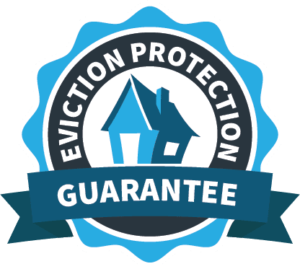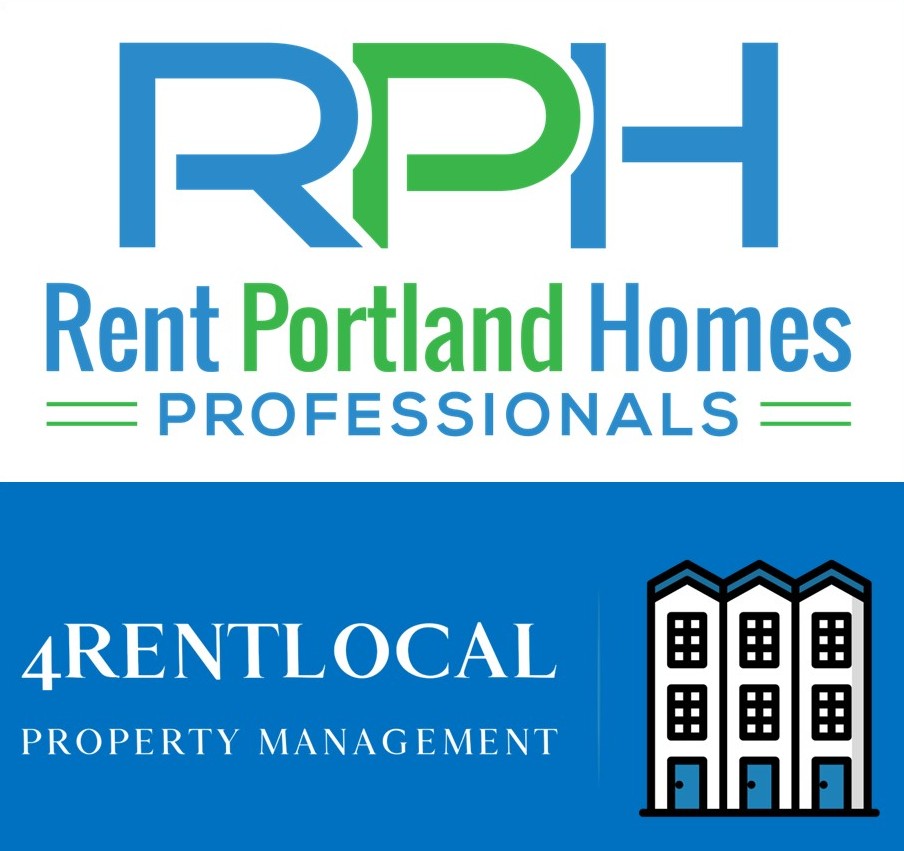The Landlord’s Guide to Understanding Emotional Support Animals
As a landlord, you may have heard of emotional support animals and wondered what they are, how they differ from service animals, and what it means for you as a landlord.
The concept of emotional support animals can be confusing but understanding them is important for landlords. By learning the basics of emotional support animals, you can create a rental agreement that is fair for both you and your tenants.
This guide will help you understand the requirements for emotional support animals, how to determine what animals are allowed, and how to handle requests for emotional support animals. With this knowledge, you can create a rental agreement that allows for emotional support animals while still protecting your rental property from damage.
What are emotional support animals?
An emotional support animal is an animal that provides therapeutic benefits to an individual who has a mental or emotional disorder. An emotional support animal is not trained to perform tasks that assist with a physical condition.
Emotional support animals are not the same as service animals, which receive special training to help individuals with disabilities. Service animals are welcome in places that serve the public, such as restaurants, hotels, and stores, while emotional support animals are not recognized as a part of ADA law and have no special rights.
Some people who have no diagnosed mental or emotional disorders also have emotional support animals. Individuals who do not have diagnosed mental or emotional disorders may have an increased chance of being denied tenancy or having their animals removed from the property.
Persons who are diagnosed with a mental or emotional disorder and have a letter from a mental health provider confirming their need for an emotional support animal should not be denied tenancy or have their animal removed from the property.
What are the differences between support animals and service animals?
The most important aspect to understand about the differences between emotional support animals and service animals is that only service animals are protected by the Americans with Disabilities Act. Service animals are specially trained animals that perform tasks for individuals with disabilities.
These animals are allowed in all public places and are protected by the ADA. Emotional support animals are animals that provide therapeutic benefits to an individual with a mental or emotional disorder. There is no special training for emotional support animals, and they are not legally allowed in public places.
To understand the differences between emotional support animals and service animals, it is helpful to understand the differences between emotional support and mental health conditions. Emotional support is when someone benefits from the companionship of an animal. Mental health conditions are diagnosed disorders that affect how a person thinks, acts, or feels.
Someone with a mental health condition benefits from an emotional support animal, in the same way, someone without a mental health condition benefits from a pet. People with mental health conditions may have a pet granted an exemption under the Fair Housing Act and may live with their animal in certain places that don’t allow pets.

Legal requirements for emotional support animals
There are no legal requirements for emotional support animals. There are specific legal requirements for service animals.
The only thing that you need to verify is whether the person requesting the emotional support animal has a mental or emotional disorder. If so, you can ask for a letter from a mental health provider confirming the diagnosis and need for emotional support. One important caveat to these legal requirements is the Fair Housing Act.
This act does not have specific requirements for what animals are allowed, but it does have specific protections for service animals. This means that individuals with mental health conditions who have documentation from a mental health provider allowing them to live with an emotional support animal do not need specific legal requirements but may fall under the Fair Housing Act.
How to determine what animals are allowed
As a landlord, you can require the same type of documentation for emotional support animals that you would require for service animals.
This means that if your rental property allows service animals, it will also allow emotional support animals. If your rental property only allows service animals, then it won’t allow emotional support animals. You can also determine what animals are allowed by following the rule of reason.
The rule of reason means that you must act reasonably given the circumstances of the rental property. For example, if you have a rental property in a suburban area, you can allow dogs but not Great Danes, since they are too large for the space. If you have a rental property in an urban area, you might want to allow cats instead of dogs since cats are quieter and pose less of a threat to neighbors.
You can also consider the breed of the animal and its temperament. If you have a rental property in an urban area where there are children playing outside, you might want to choose a breed that is less likely to accidentally hurt the kids.

How to handle requests for these support animals
If a tenant or potential tenant asks to bring an emotional support animal to the rental property, you have a few options. First, you can simply allow the animal.
If the emotional support animal is a service animal, you will need to follow the same procedures as if the tenant had a disability. Second, you can ask the tenant to get documentation from a mental health provider explaining the need for the emotional support animal. Third, you can deny the request. If you deny the request, you will need to follow the same procedures as if you denied a request for a service animal. You can only deny the request if the animal would cause damage to the rental property or if the animal would pose a risk to other tenants.
Creating a rental agreement for emotional support animals
If you allow support animals in your rental property, you may want to include specific language in your rental agreement.
The most important thing to include is language about cleaning up after the animal. The emotional support animal does not have the same responsibilities as a service animal. One way to word this in your rental agreement is to say that “Tenants with an emotional-support animals are responsible for cleaning up after their animals.”
You can also specify that tenants with support animals are not allowed to have the animals on furniture. You may also want to consider requiring tenants with ESL’s to keep their animals in a cage or on a leash. This is especially important if you have a large rental property.
Protecting your rental property from damage
The most important thing to do to protect your rental property from damage is to verify that the person requesting the support animal has a mental or emotional disorder. You can also follow the rule of reason when considering whether an animal poses a risk to the rental property.
For example, if a person requests to bring a boa constrictor to their rental property, you can deny the request since the snake would pose a safety risk to the property. You can also consider including specific language in your rental agreement about the type, size, and cleanliness of animals allowed on the rental property. You can also require tenants with support animals to keep the animals in a cage or on a leash when outside.

Tips for creating a fair emotional support animal policy
If you decide to allow these animals, there are a few important things to keep in mind. First, you can allow all animals, but you must be careful to apply all other terms and conditions of your rental agreement equally across the board.
For example, if your rental agreement says that all pets must be kept indoors, you must require all tenants with these types of animals to keep their animals in the house. You cannot selectively apply different rules to different tenants. Second, you must be consistent in your enforcement. You cannot selectively enforce the terms and conditions of your rental agreement for tenants with emotional support animals.
Resources for landlords regarding support animals
The best resource for landlords is the Fair Housing Act. This act outlines the rules and regulations for service animals and the rights of tenants with disabilities. The other resource for landlords is the American Veterinary Medical Association.
This organization has information for landlords about what animals are considered service animals and what documentation tenants with disabilities may be required to provide. They also have information for tenants about bringing a service animal to a rental property and what documentation they may be required to provide.
There are also a few websites that provide general guidelines for landlords regarding emotional support animals. One website, called the Sherpa, has a checklist with general guidelines for landlords and tenants. The National Health Law Program also has a guide for landlords regarding emotional support animals.

Final thoughts on emotional-support animals
The concept of emotional support animals can seem confusing, especially when compared with service animals.
One important thing to remember is that service animals are trained to help people with disabilities. In many cases, they are legally allowed in public places where other animals are not allowed, like restaurants and hotels.

Contact Us
At Rent Portland Homes – Professionals, we specialize in property management for the Portland Oregon Area.
To learn more about the property management services we can offer you, contact us today by calling (503) 646-9664 or click here to connect with us online.
























